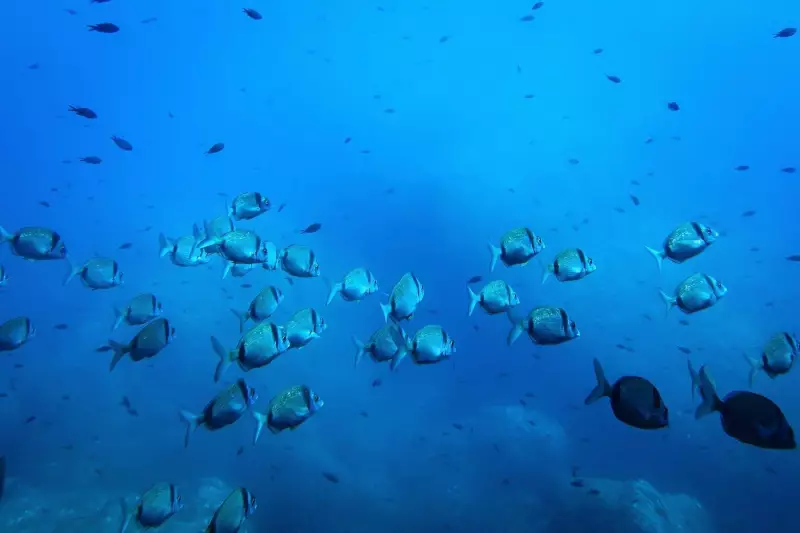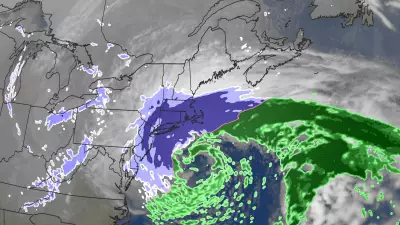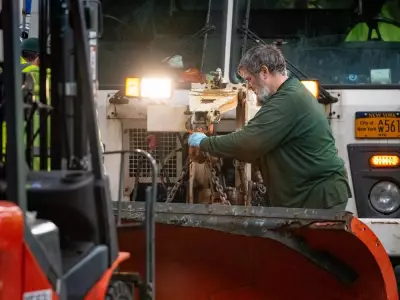
A groundbreaking new study has uncovered alarming evidence that deep-sea mining operations could trigger catastrophic disruptions throughout the marine food web, affecting life from the ocean floor to the surface.
The Ripple Effect Through Ocean Ecosystems
Canadian researchers have discovered that mining activities on the seabed don't just impact the immediate mining zone. Instead, they create a domino effect that travels up through the water column, potentially affecting marine life at every depth level.
The study reveals that sediment plumes and chemical disturbances from mining equipment can spread far beyond the original mining site, creating what scientists describe as an "ecological time bomb" for ocean health.
From Tiny Organisms to Large Predators
At the heart of the concern are the microscopic organisms that form the foundation of marine food chains. These tiny creatures, including phytoplankton and zooplankton, are particularly vulnerable to changes in water chemistry and sediment levels.
"What happens on the seabed doesn't stay on the seabed," explains the lead researcher. "The disturbances work their way up through the entire ecosystem, potentially affecting everything from the smallest plankton to the largest whales."
The Global Rush for Seabed Minerals
The timing of this research is critical as several countries and corporations are accelerating plans to mine the deep ocean floor for valuable minerals like:
- Cobalt for electric vehicle batteries
- Rare earth elements for electronics
- Manganese nodules for various industrial applications
This mining rush is driven by the growing demand for materials needed in renewable energy technologies and consumer electronics.
Scientific Community Sounds Alarm
Marine biologists and oceanographers worldwide are expressing deep concern about the potential long-term consequences. The study emphasizes that we still have limited understanding of deep-sea ecosystems and how they might recover from such disturbances.
The research team is calling for comprehensive environmental impact assessments and strict international regulations before any large-scale mining operations proceed.
What This Means for Ocean Conservation
This study adds to growing scientific evidence that deep-sea mining could have irreversible consequences for marine biodiversity. As the international community debates regulations for this emerging industry, this research provides crucial data about the potential ecological costs.
The findings underscore the importance of balancing our need for mineral resources with the imperative to protect one of Earth's last great wildernesses - the deep ocean.






